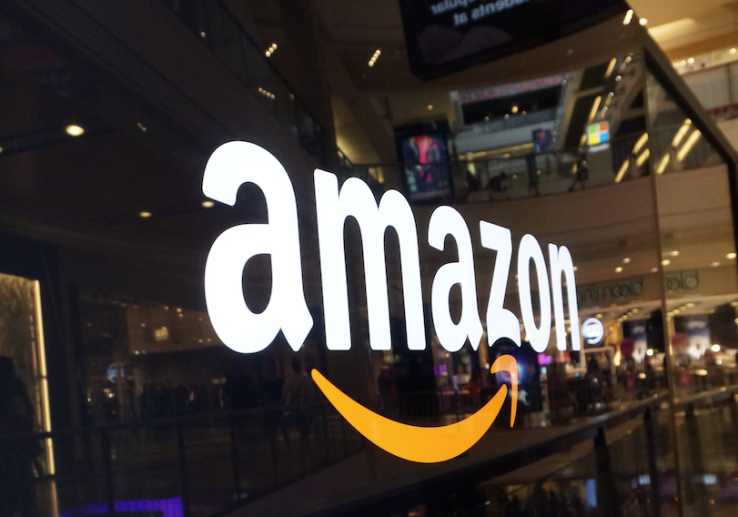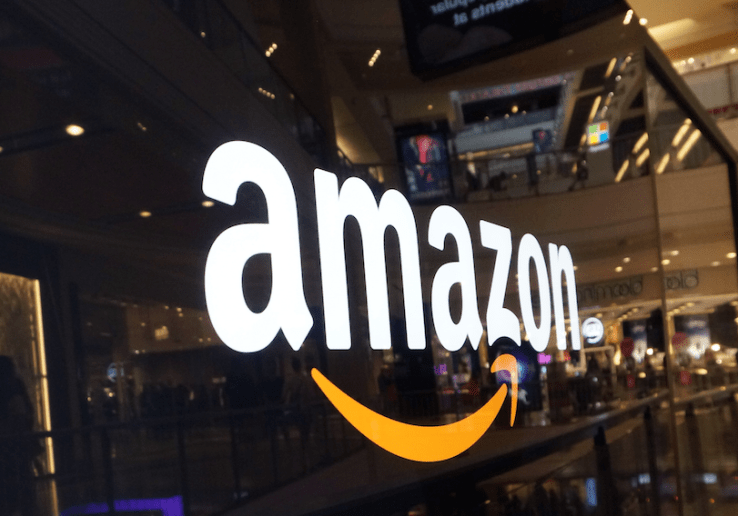

Amazon has quietly ended its price protection policy on all products except for televisions. The change to the company’s policy comes at a time when a handful of startups have launched to help consumers automate the process of requesting refunds when prices change on online sites, including Amazon as well as dozens of other e-commerce stores.
For example, newcomer Earny recently debuted a mobile app that helped consumers get their money back on purchases after price drops. Earny co-founder Oded Vakrat says that, so far, around 50 percent of the refund requests the app handled were for Amazon purchases. Earny also competes with Paribus, which offers a similar service both online and on mobile. Meanwhile, older sites like camelcamelcamel allowed consumers to track Amazon price drops and receive alerts.
Prior to this policy change, Amazon’s price protection policy was already one of the least friendly to consumers, as it used to provide seven days of price matching on price drops. That means if you purchased an item from Amazon which the company later marked down, you could request a refund. However, unlike many stores, Amazon only matched its own prices for items, not competitors’ pricing – with the exception of TVs and cell phones.
In comparison, other stores have more pro-consumer policies, including Best Buy, which provides price matching during its return and exchange period (15 days is standard) and Walmart, which offers 90 days of protection, for example.
Vakrat says his company noticed Amazon’s policy change a couple of days after the startup’s launch in early May – or, around May 7th or 8th, 2016.
Initially, Amazon agents honored price-matching requests as usual, saying that if an item is shipped and sold by Amazon, the company has a 7 day price match from the time of delivery. For example, see the screenshot of the email below:

But when the new policy went into effect, customer service agents instead said that “with the exception of TVs, Amazon.com doesn’t offer post-purchase adjustments.”

Users on Reddit also noticed the policy change around the same time, with some of them even being told by agents that Amazon never offered its prior price protection policy – that the refunds it issued in the past were an “exception.”
Amazon’s website also now reflects the new policy, saying that:
“Amazon.com consistently works toward maintaining competitive prices on everything we carry and will match the price of other retailers for some items. Amazon.com will price match eligible purchases of televisions with select other retailers. For all other items, Amazon.com doesn’t offer price matching.”
The site then links to its policy that explains how it will price match for TV purchases.
As for how this change will impact startups like Earny and Paribus? Vakrat optimistically referred to this blow as a “great opportunity” to show why consumers need startups like Earny to have their back.
Amazon insists that its price policy has not changed – it says that its prices are dynamic and that its customer service agents have made exceptions in the past, but that wasn’t the rule. In addition, Amazon wants to caution its customers that sharing their credentials with third-parties puts their accounts at risk.
Amazon offered the following statement on the matter:
Our customers expect to come to Amazon and find the lowest prices and we are obsessed with maintaining that customer trust. We work hard to find the best prices out there and match them for all customers every day. Further, we take customer security very seriously and want to remind them not to share their Amazon account credentials with anyone.
Featured Image: Eric Broder Van Dyke/Shutterstock

